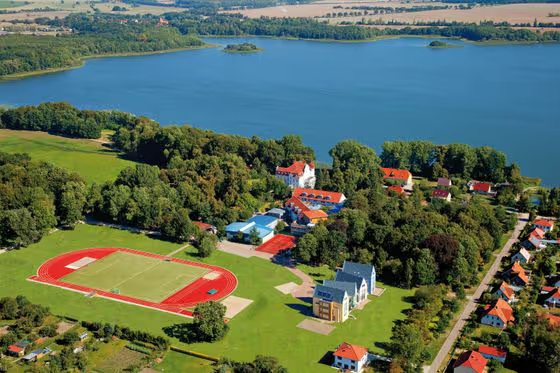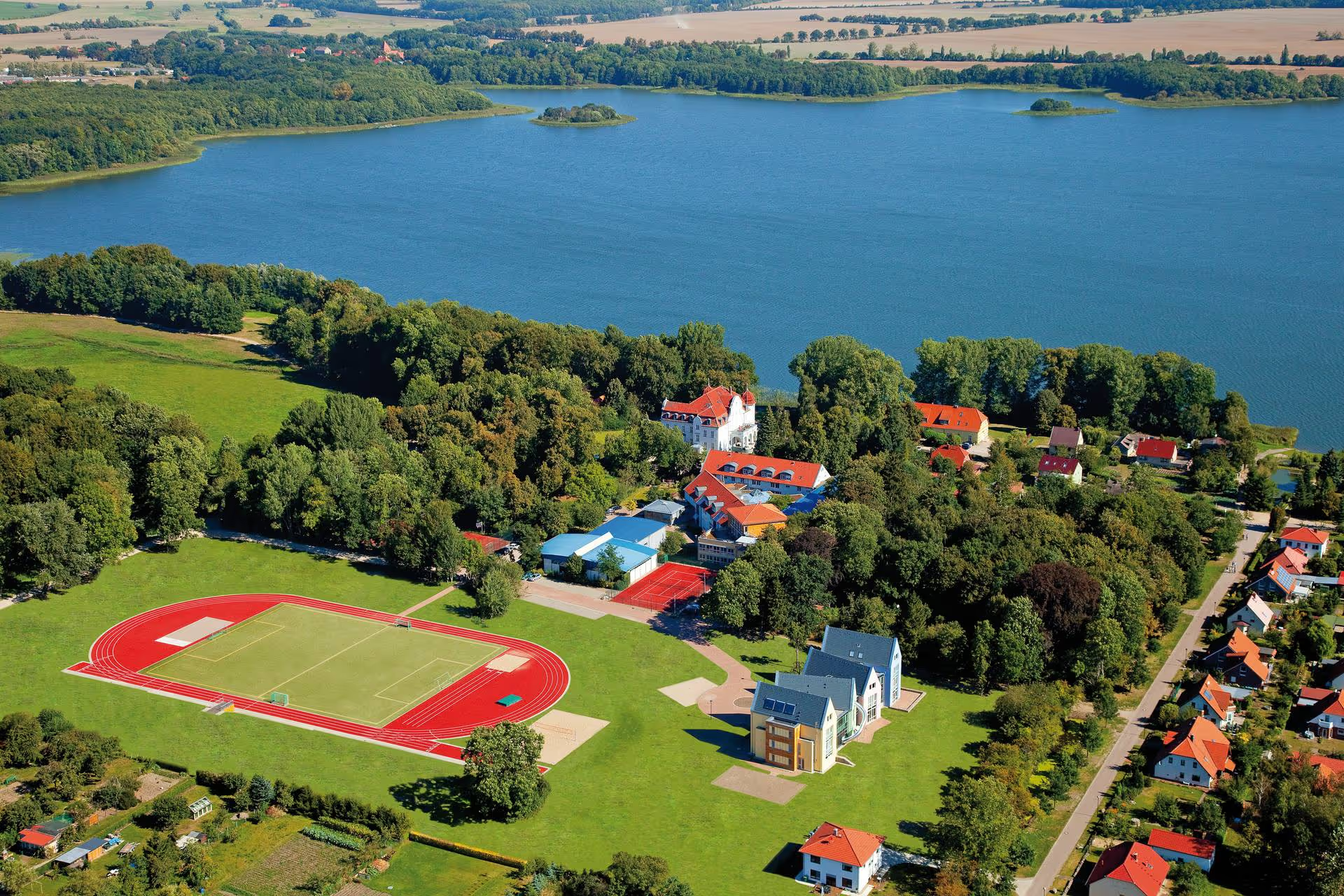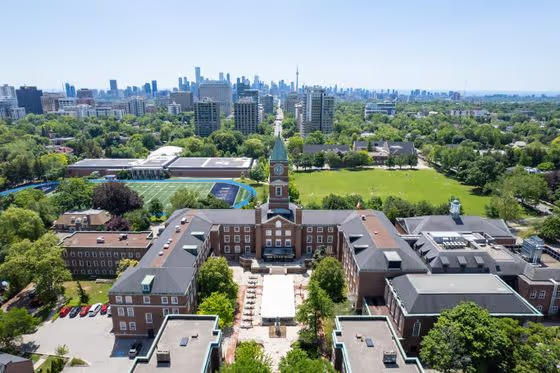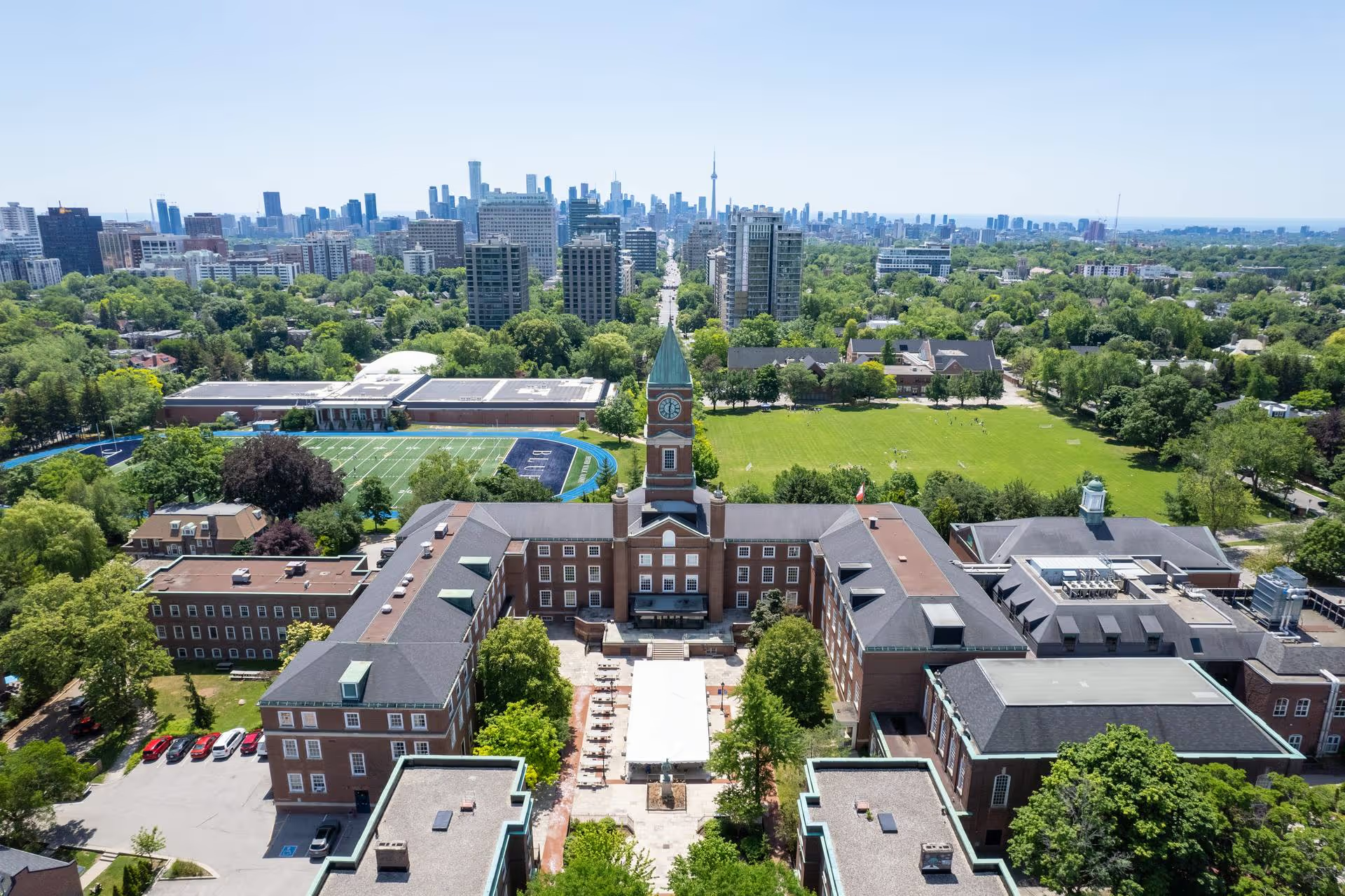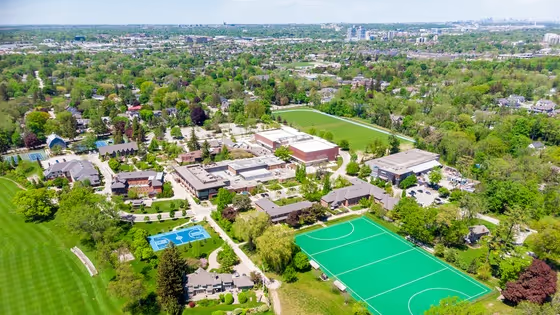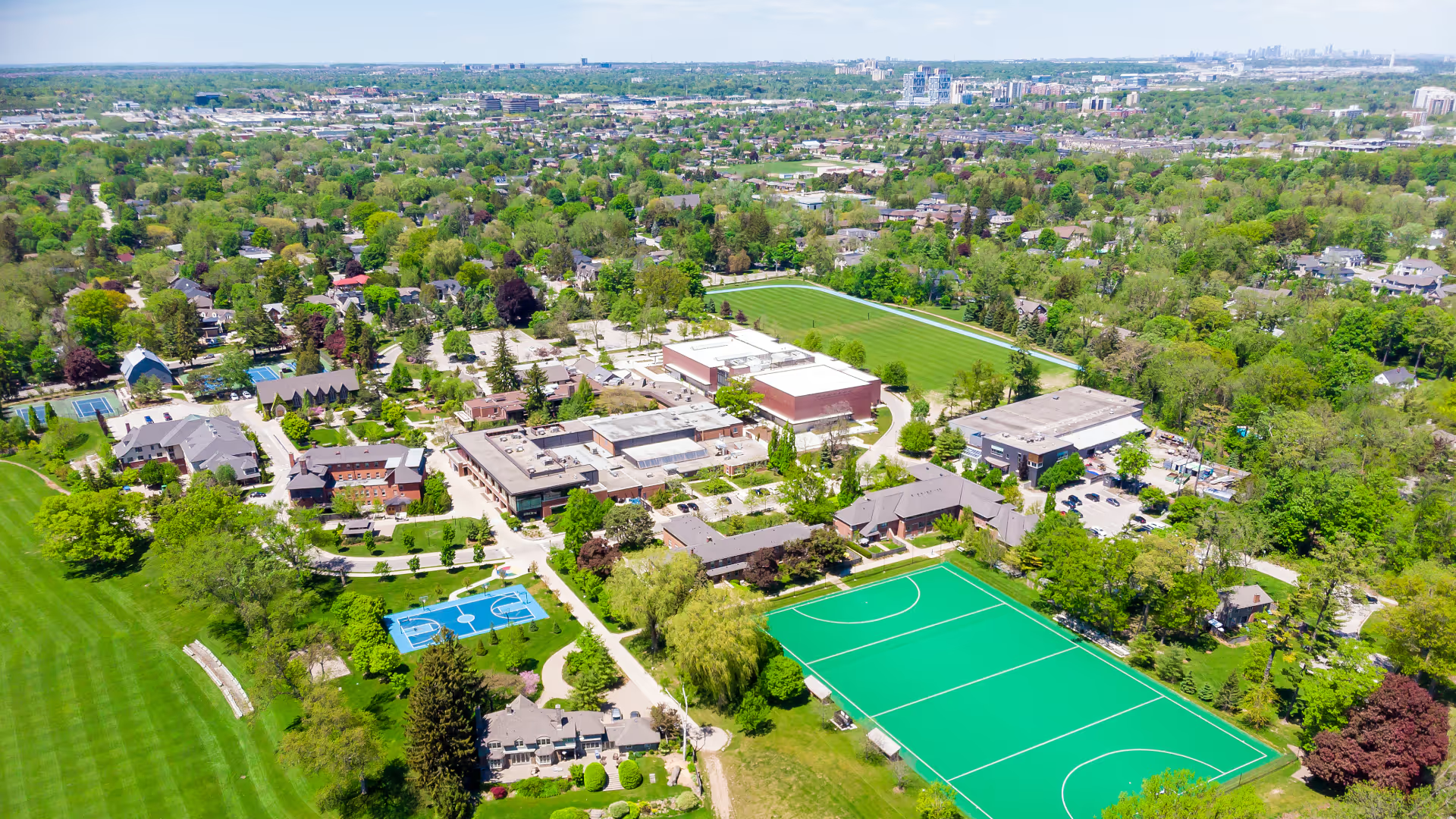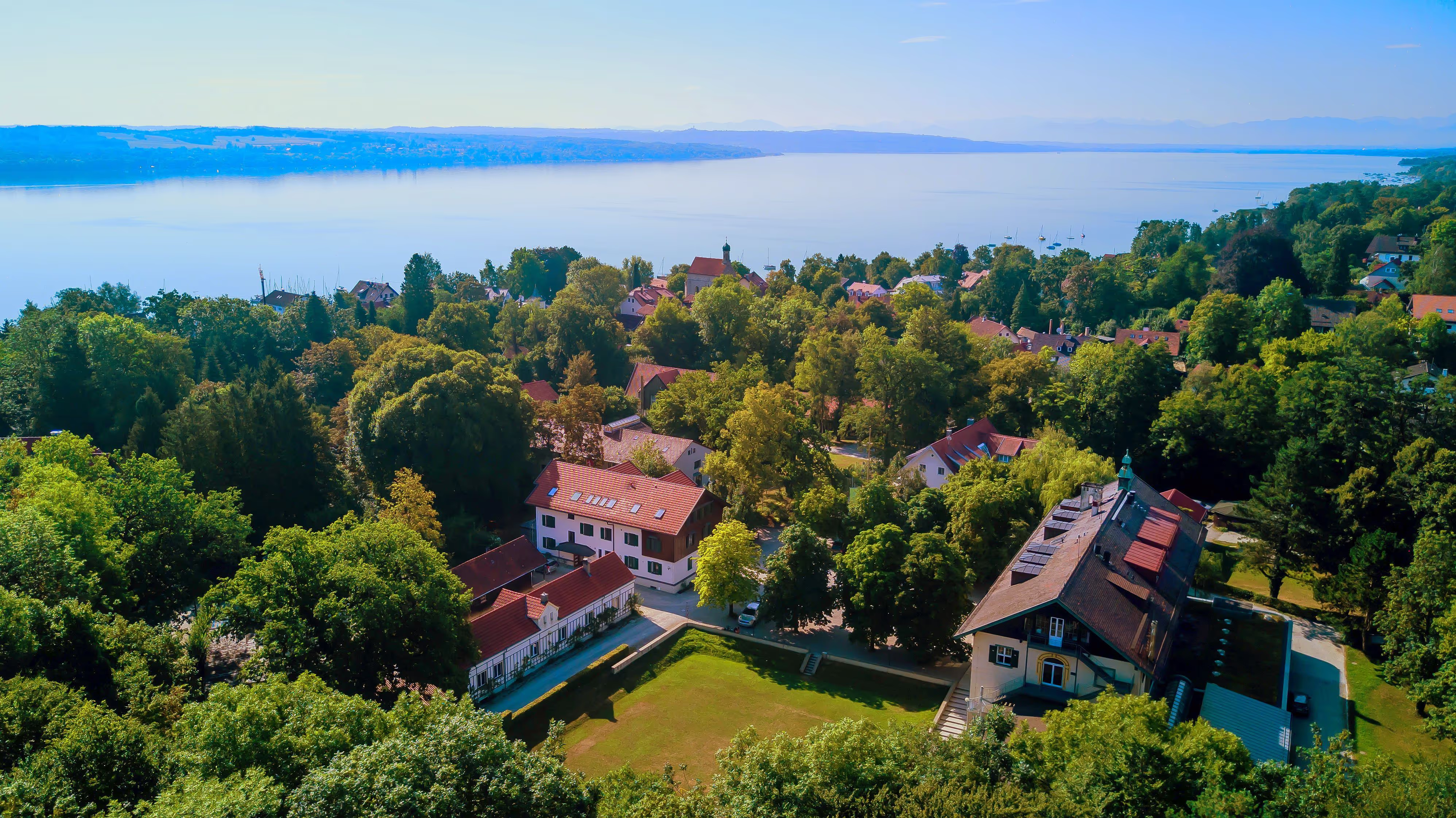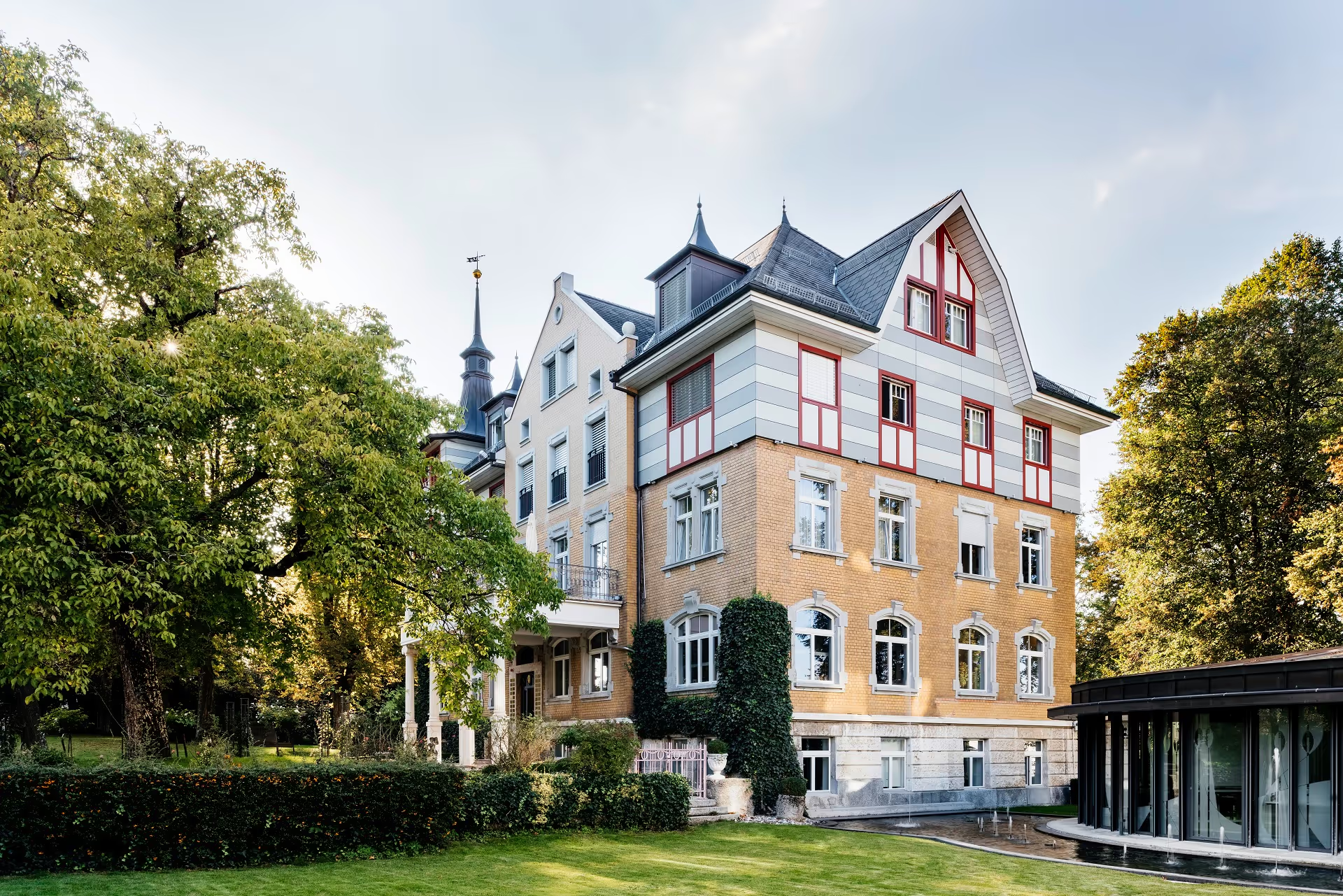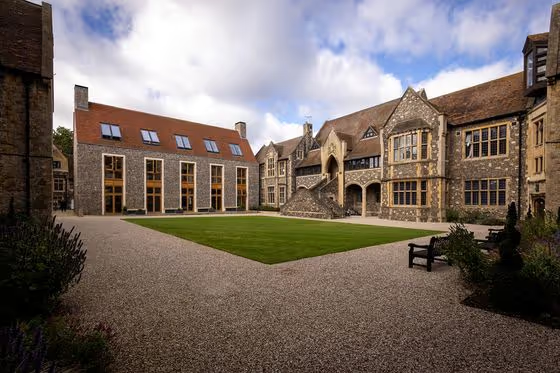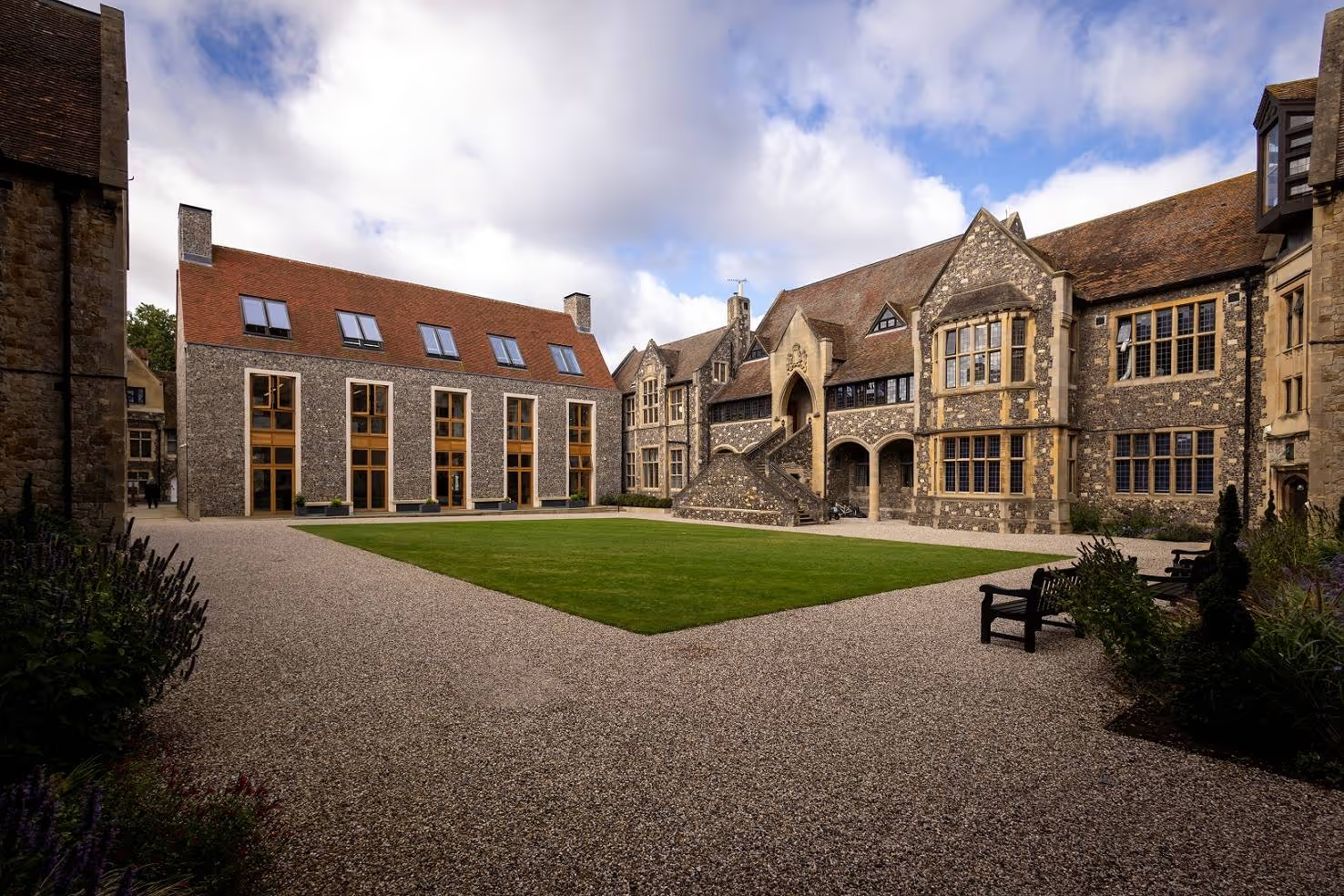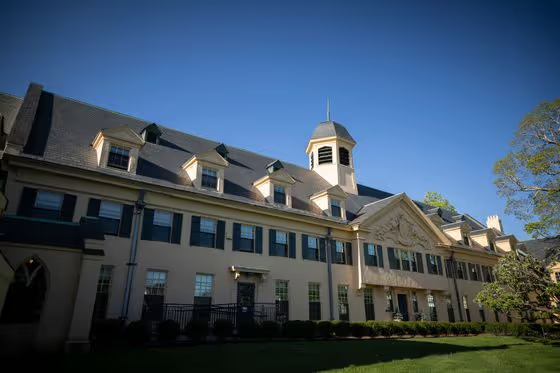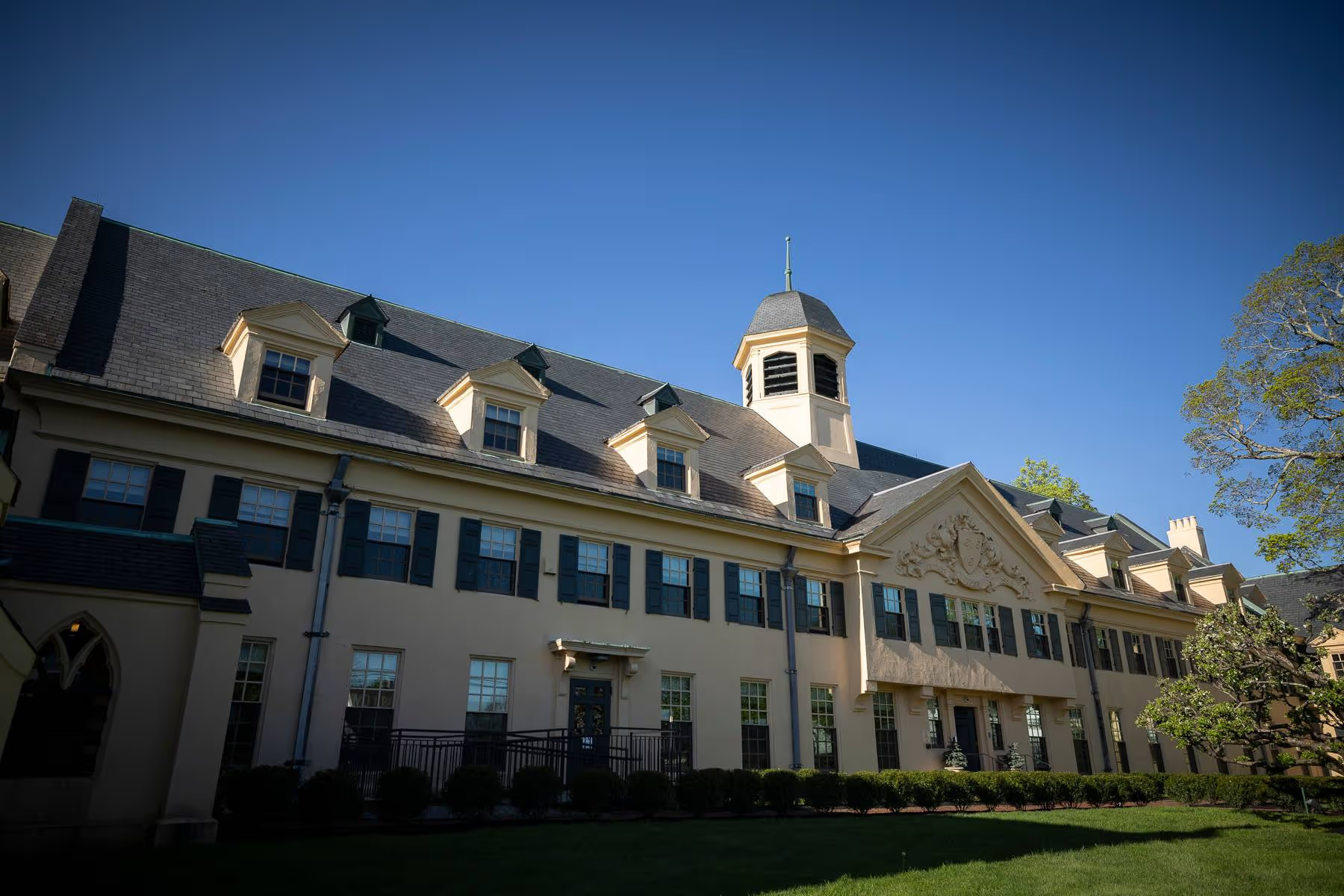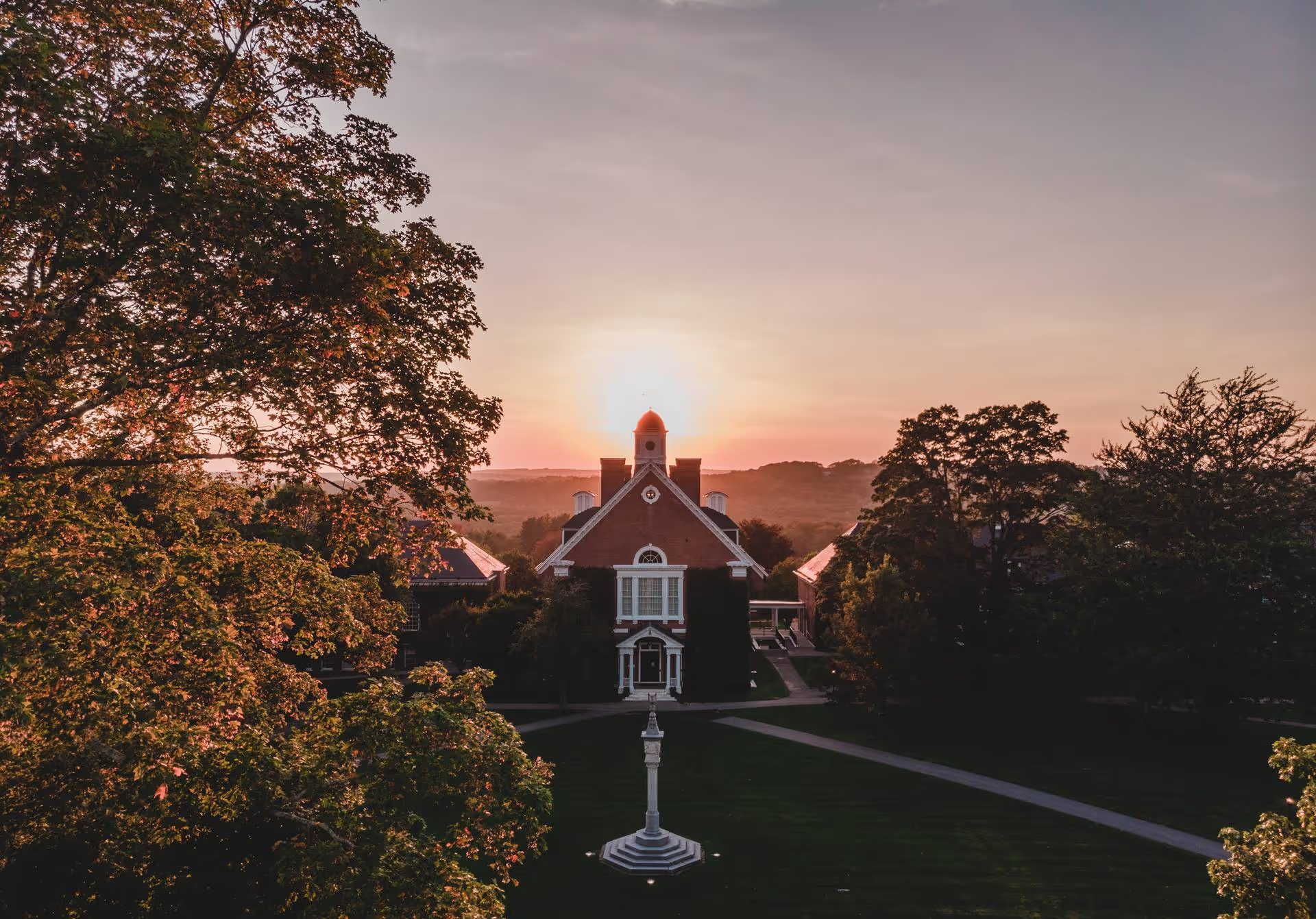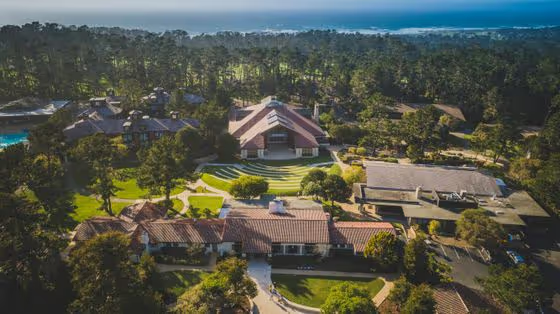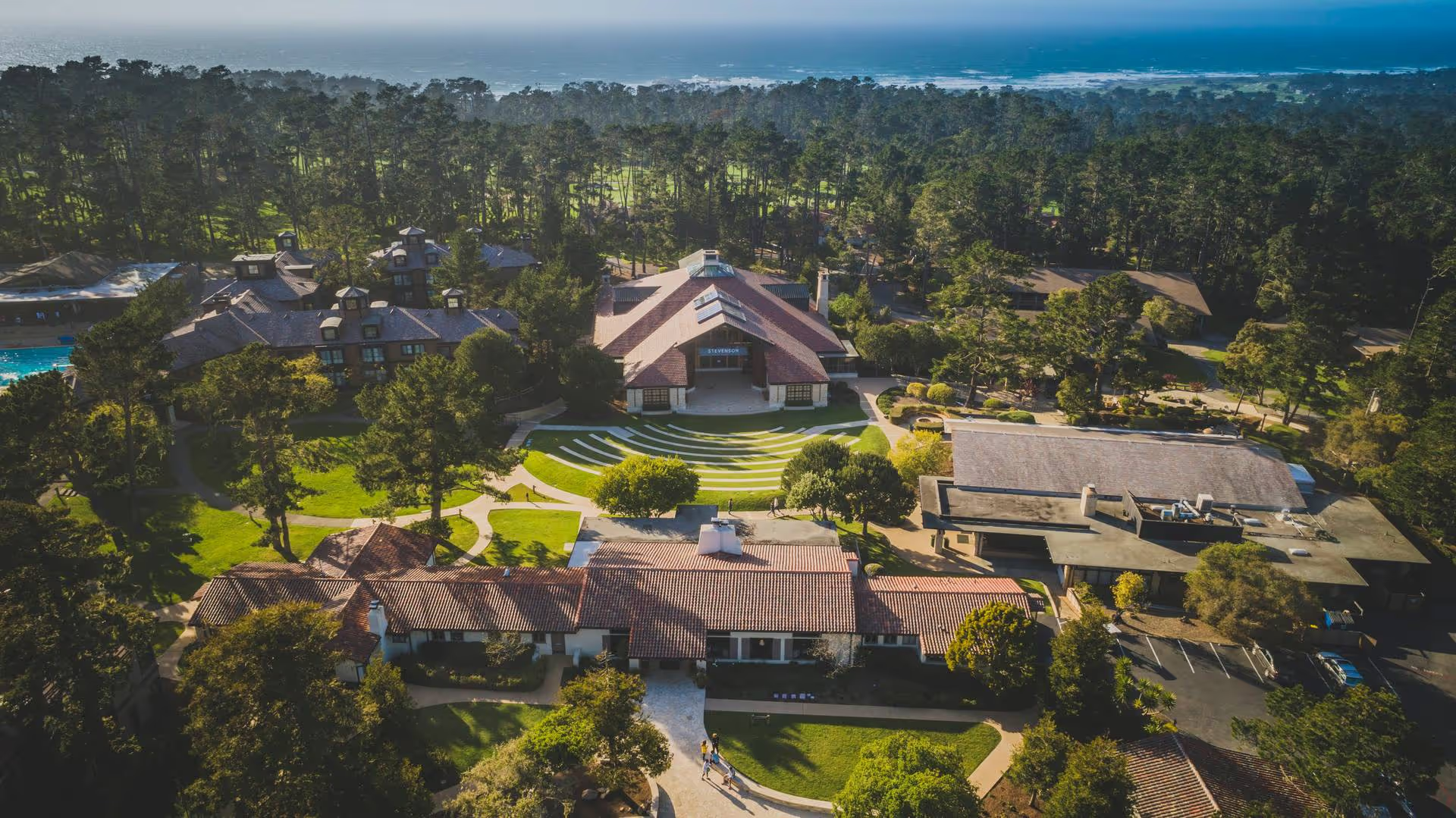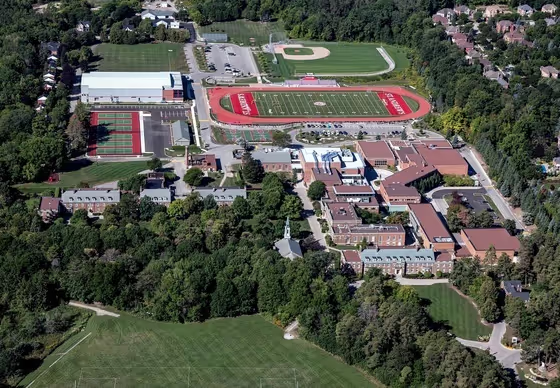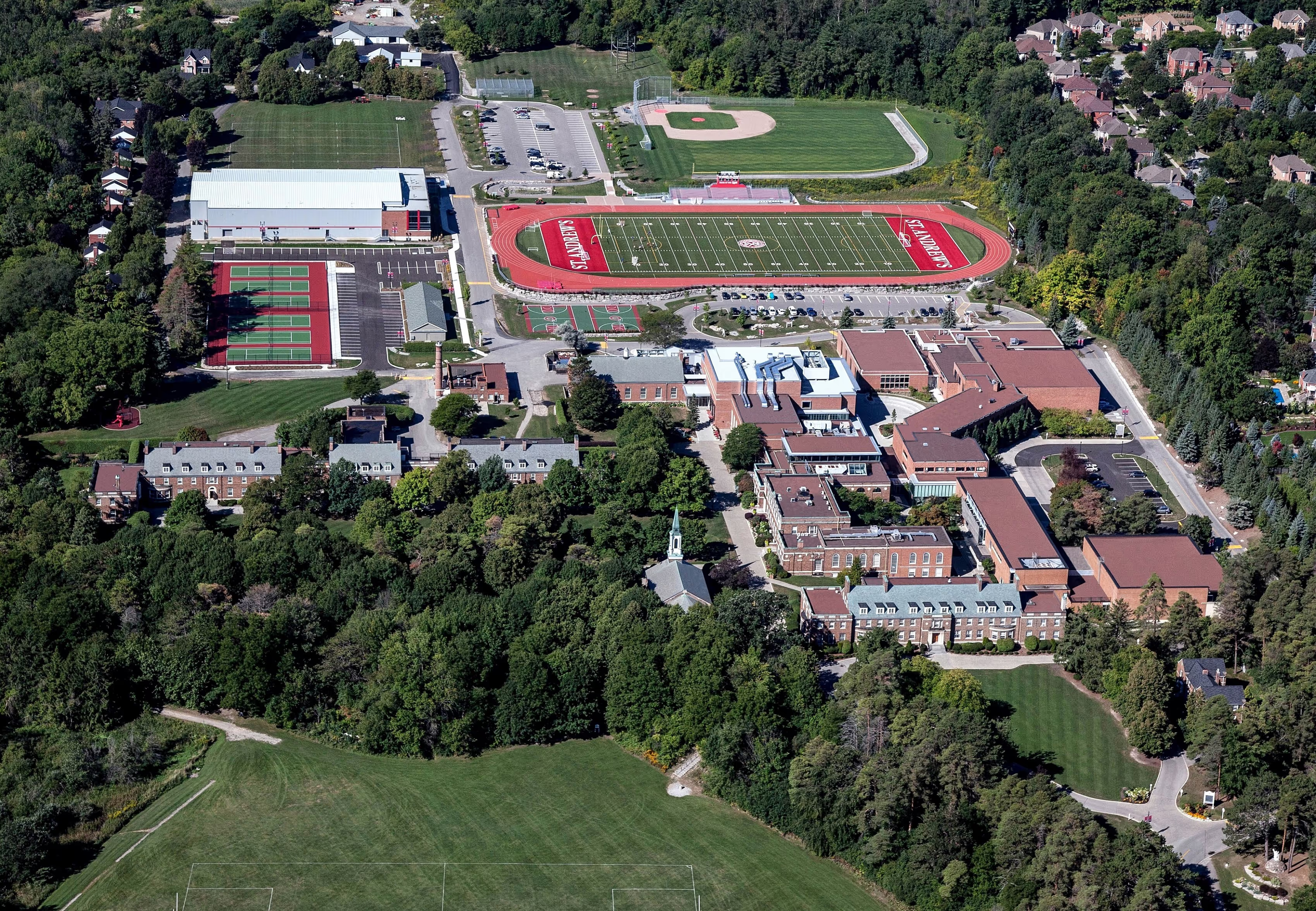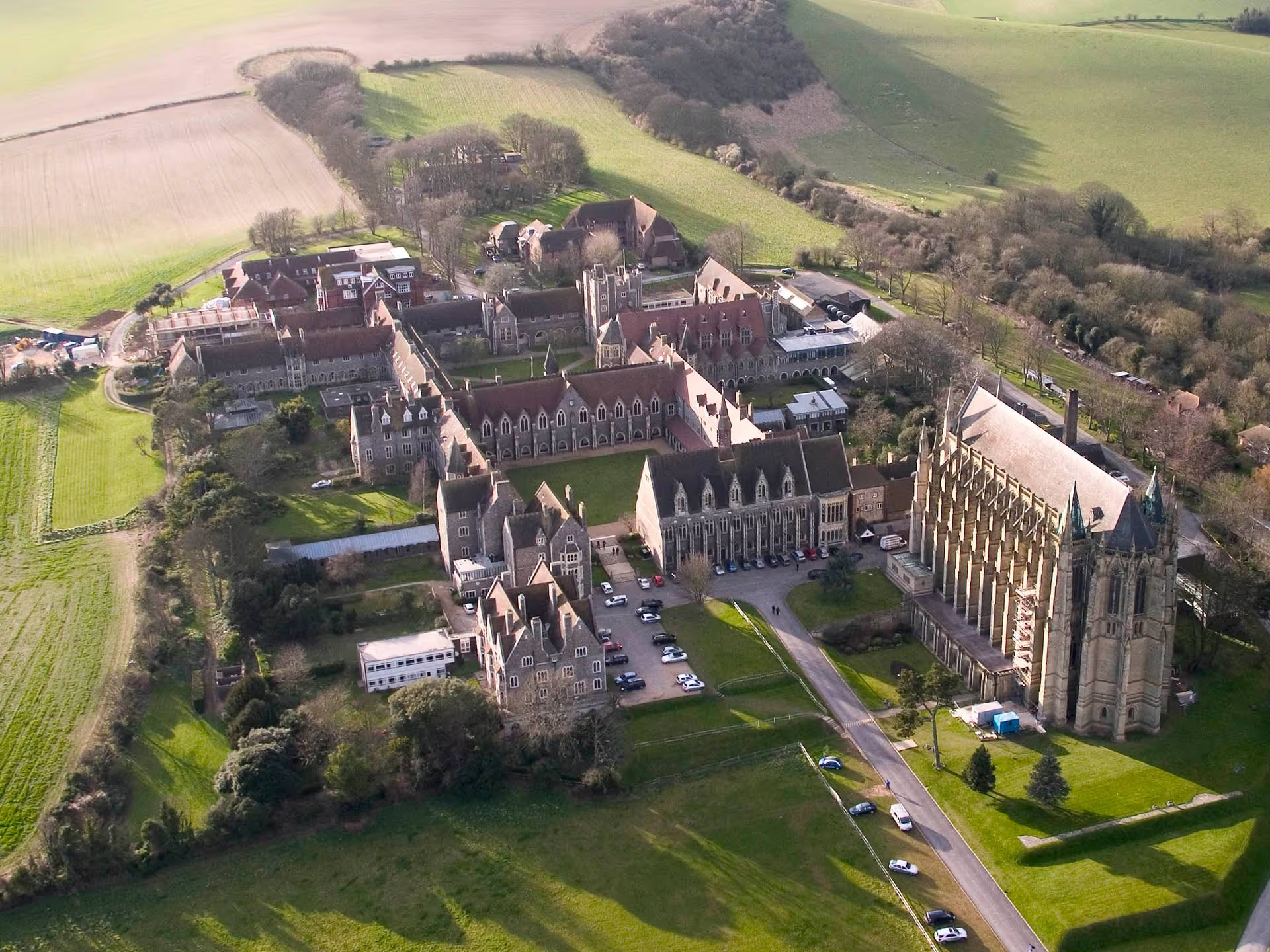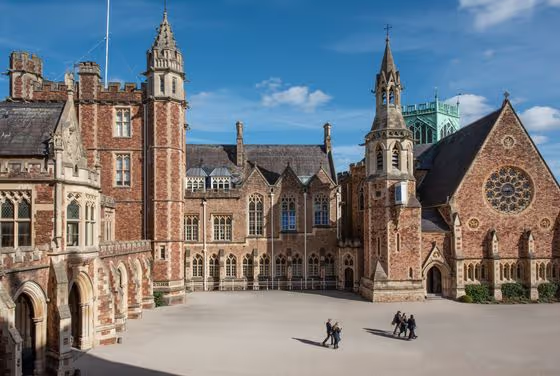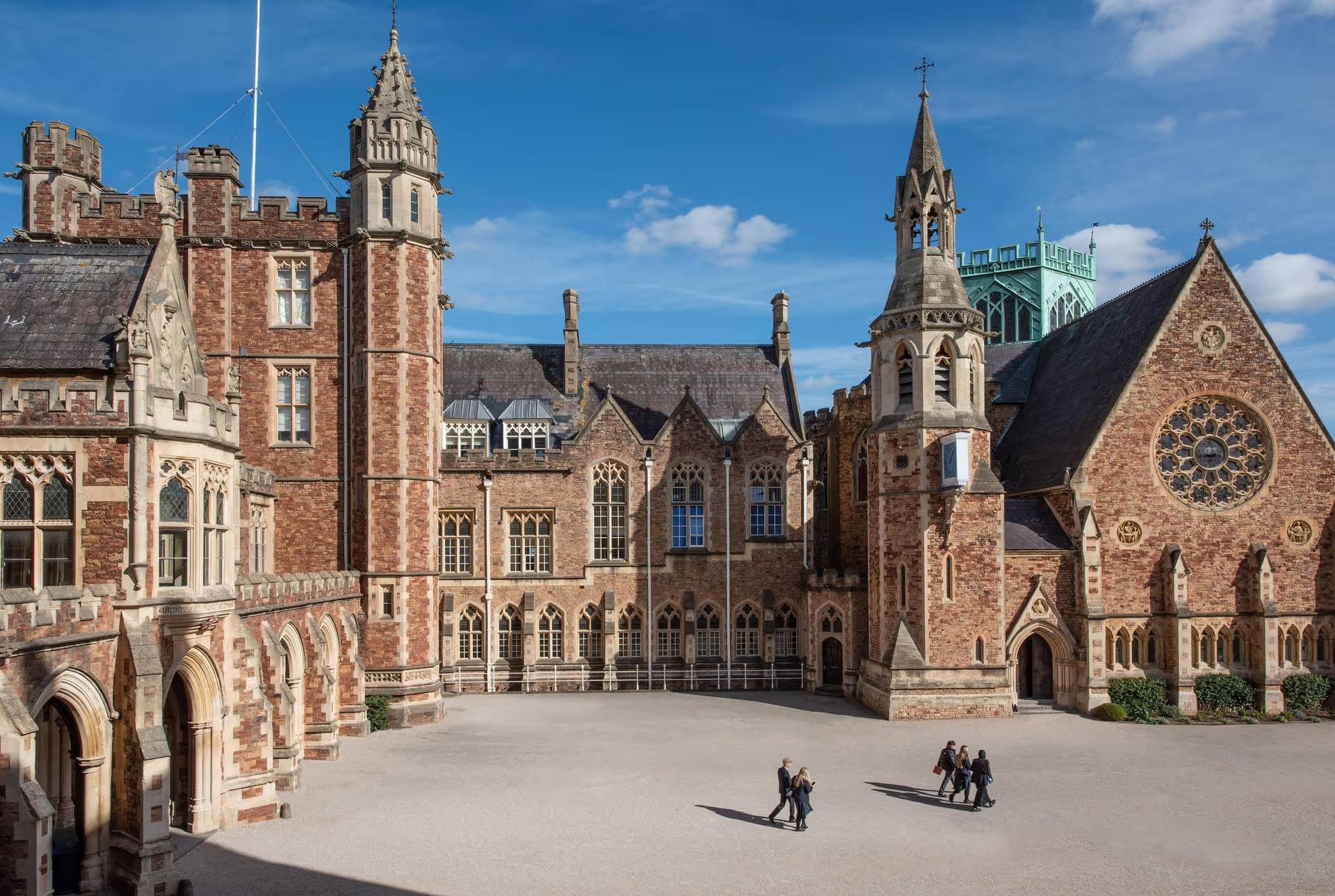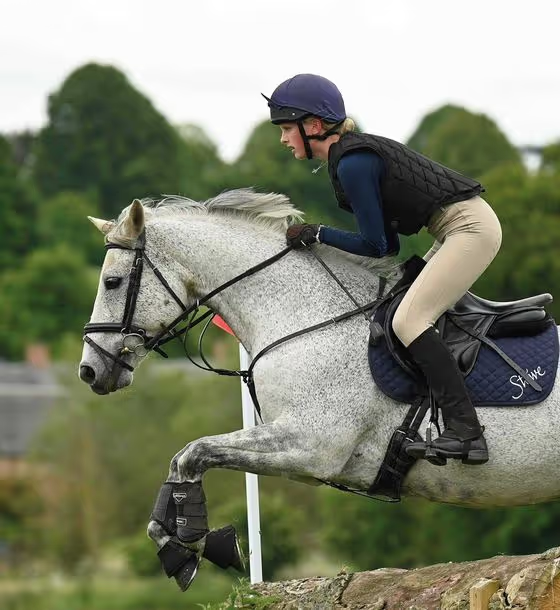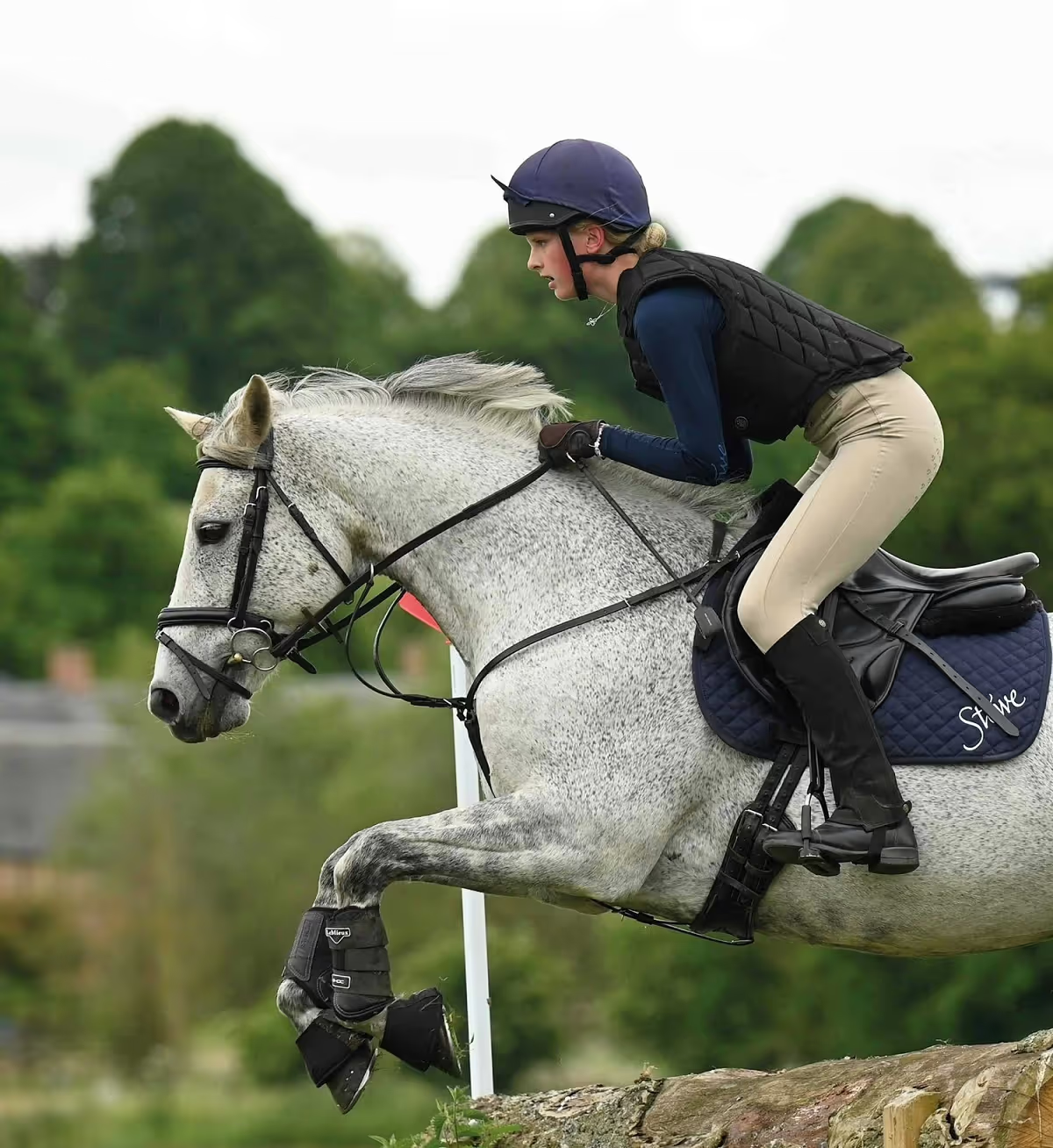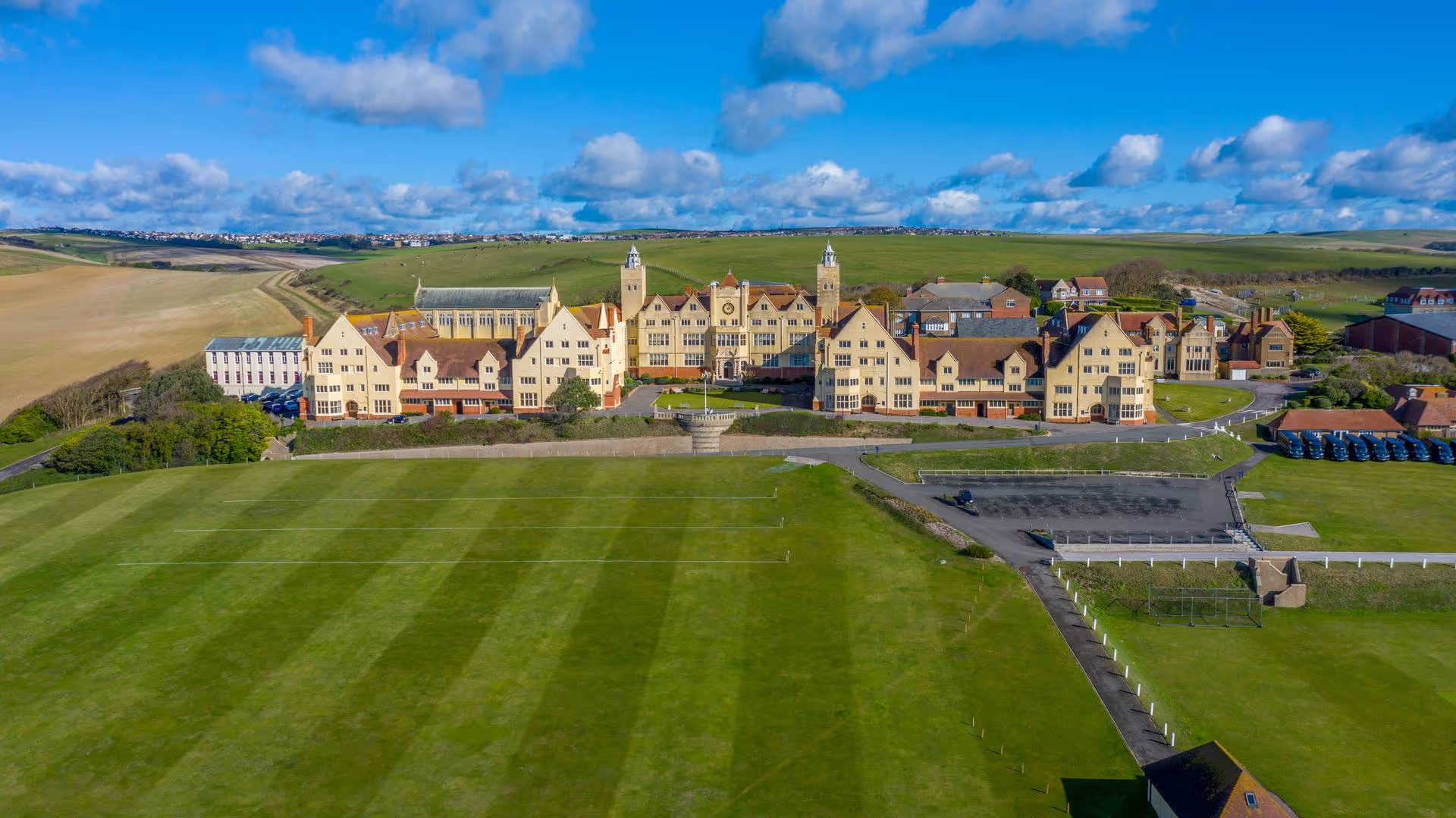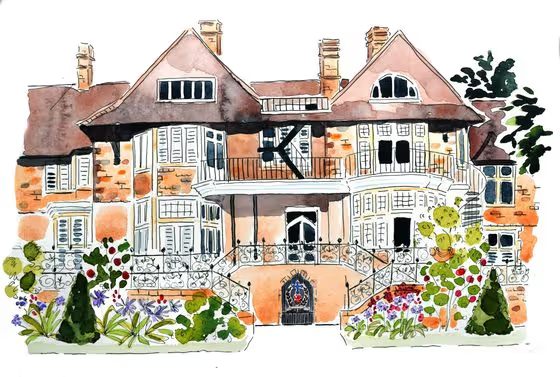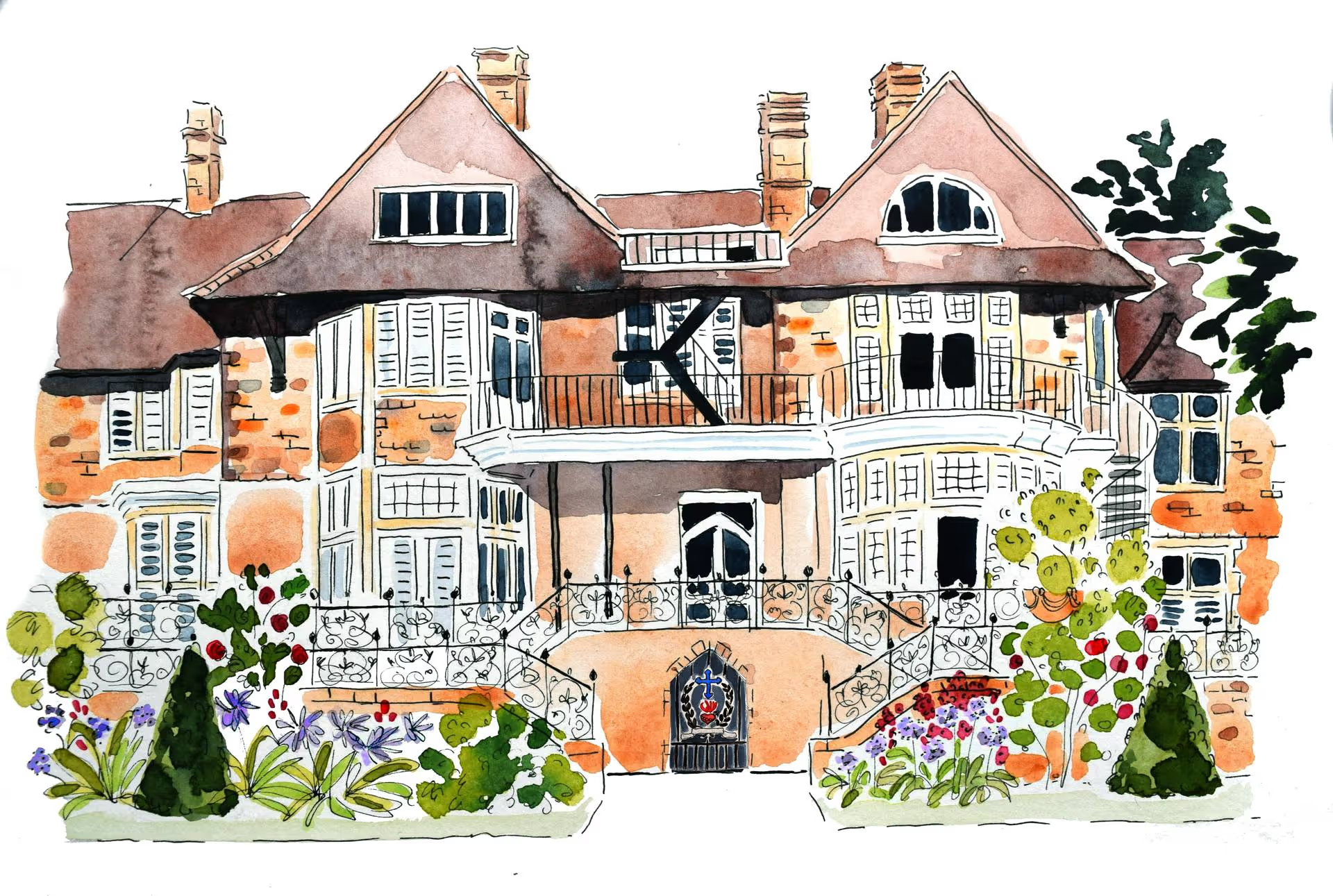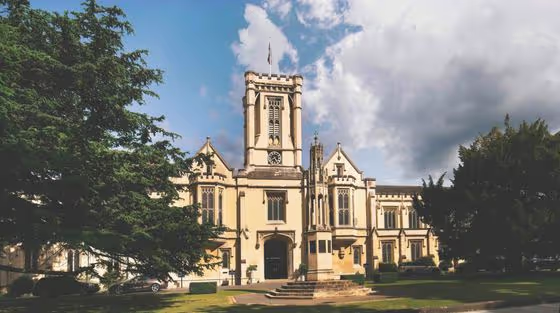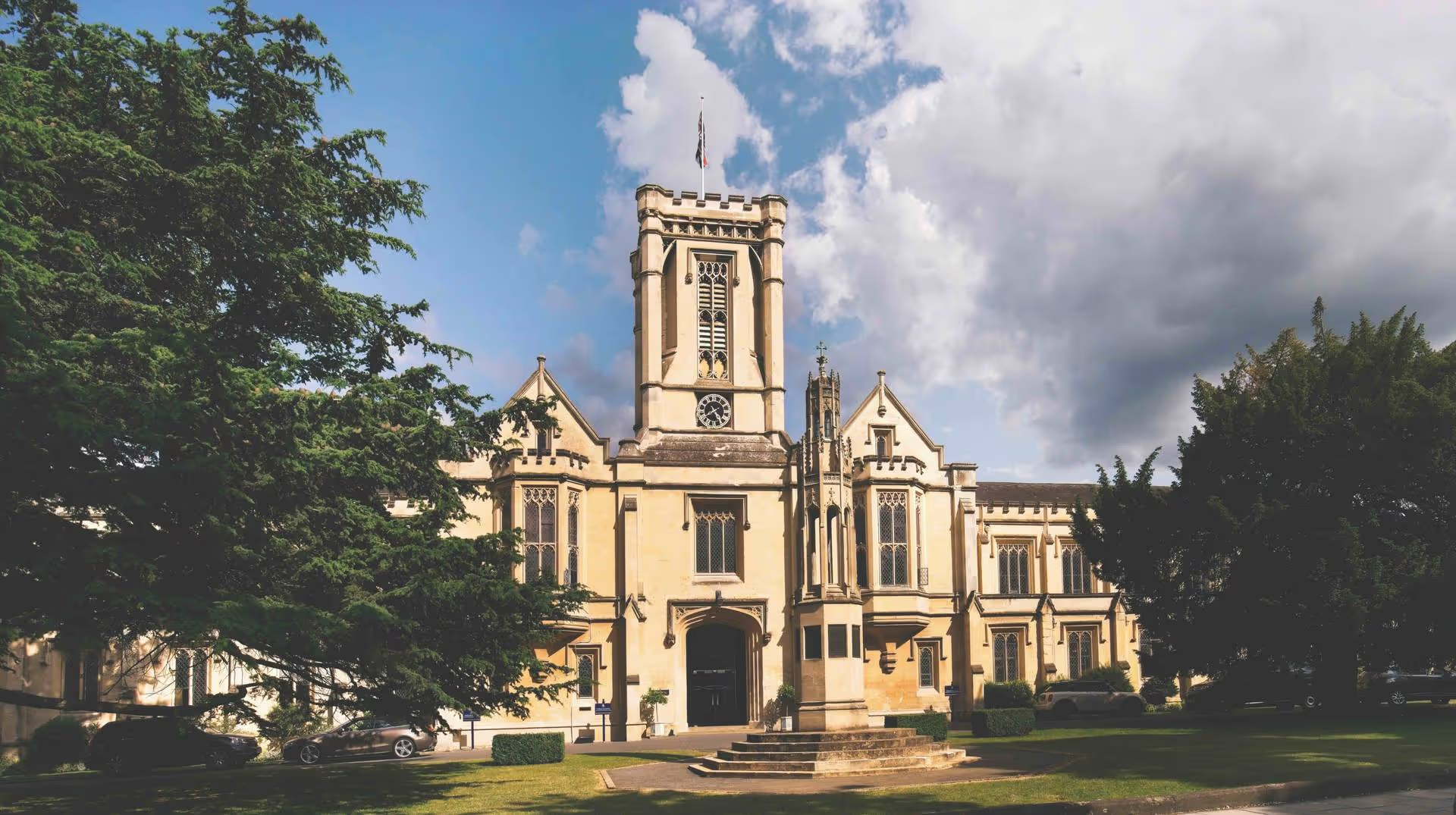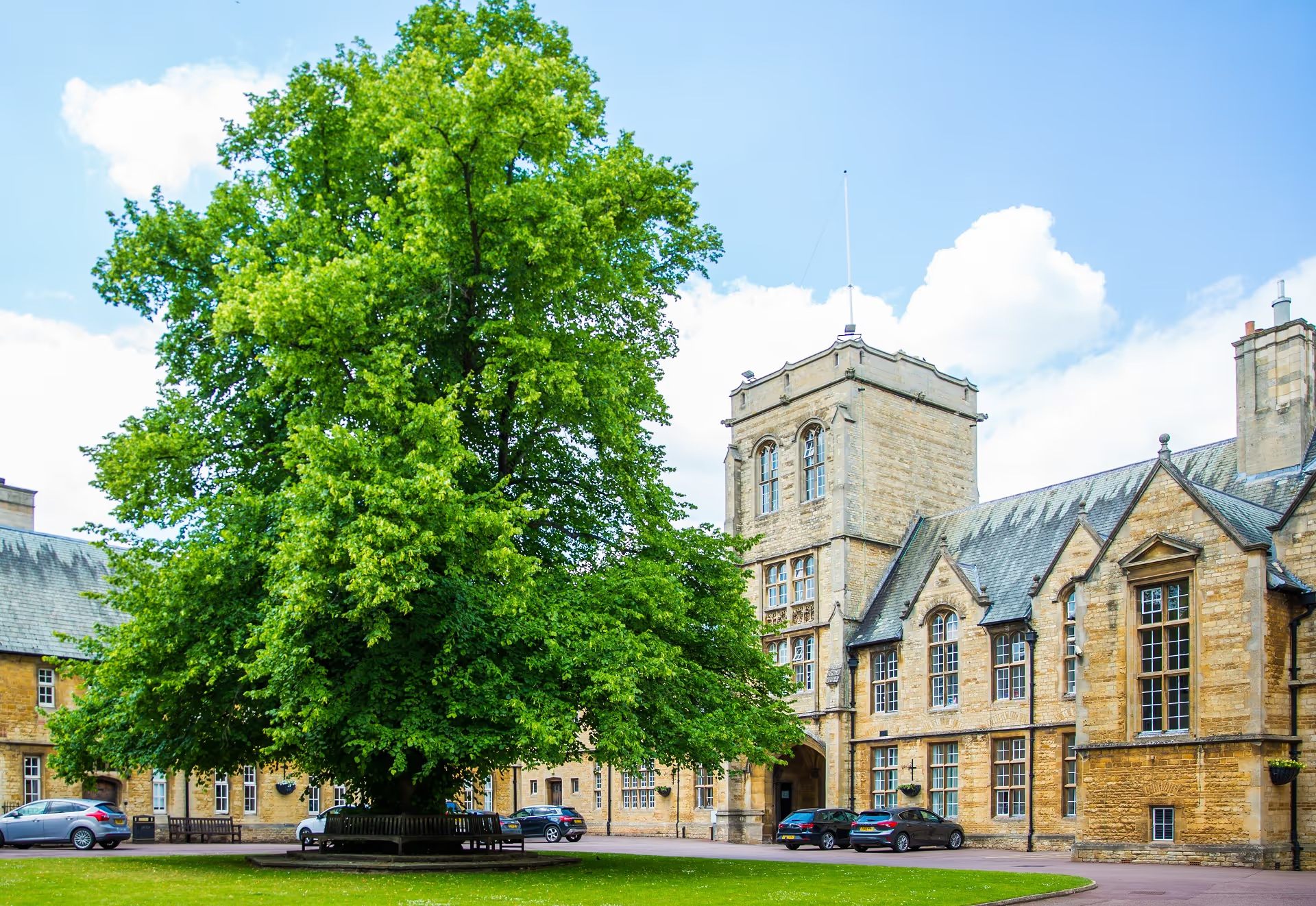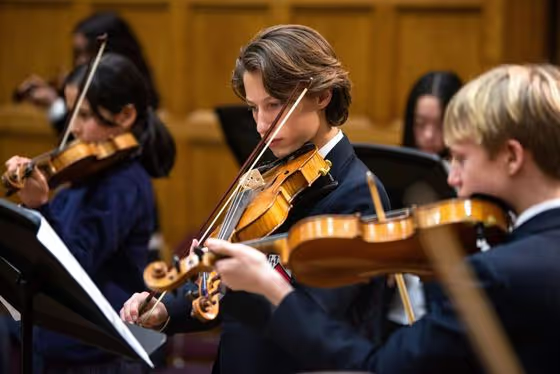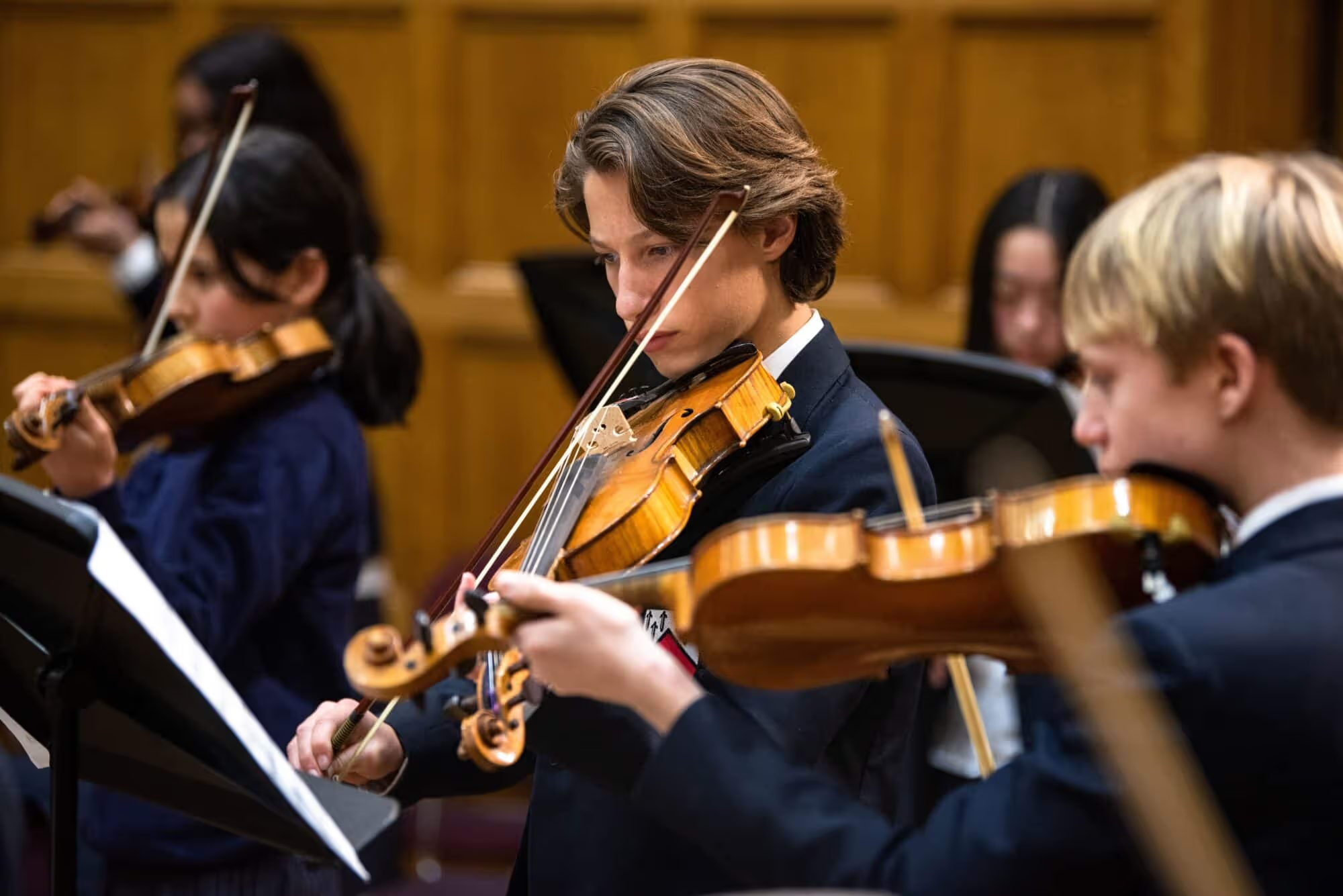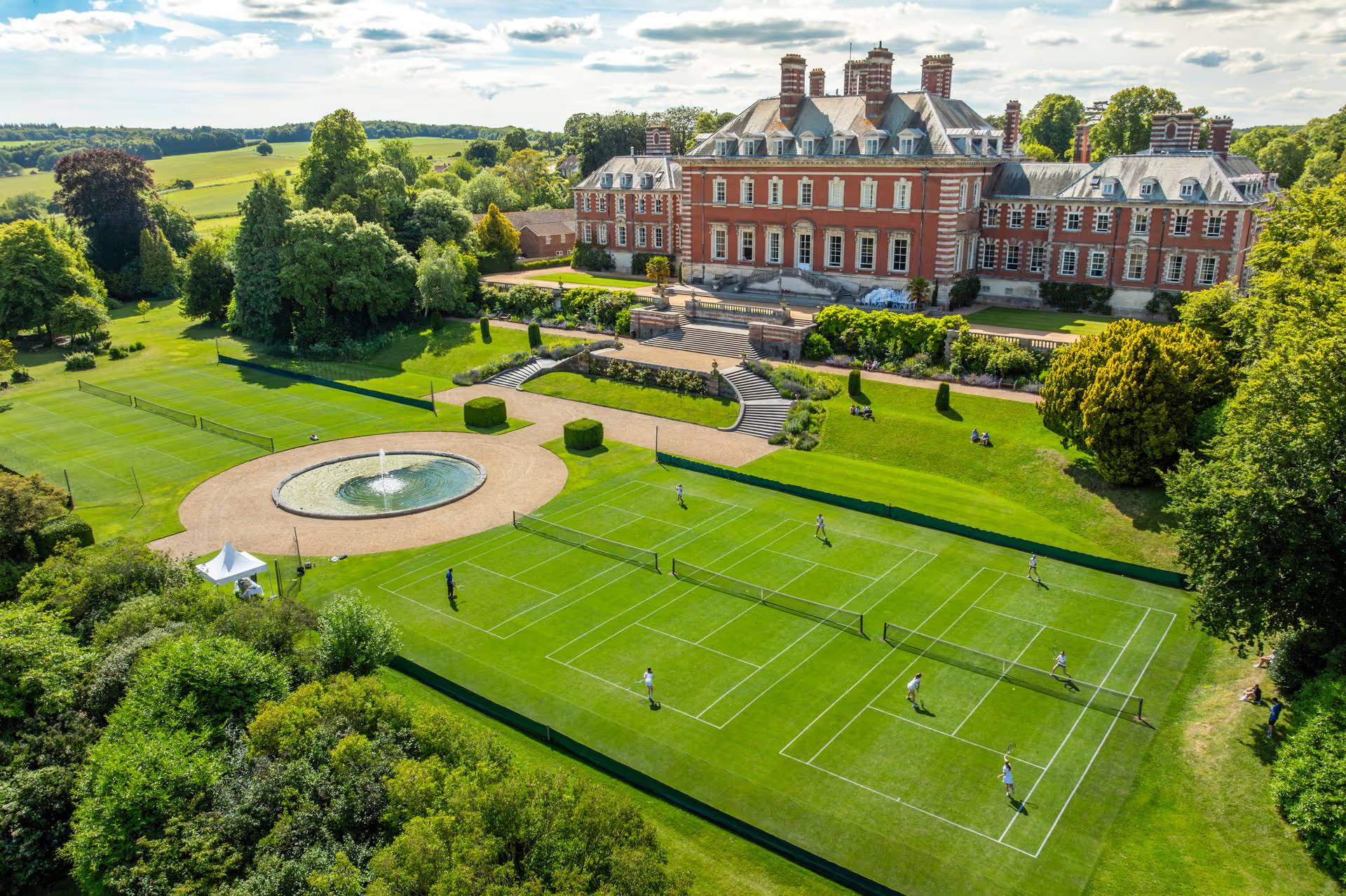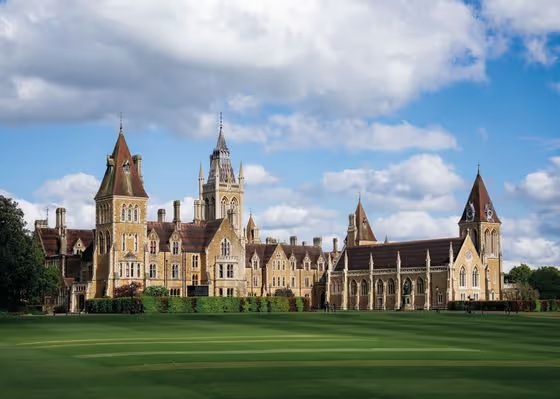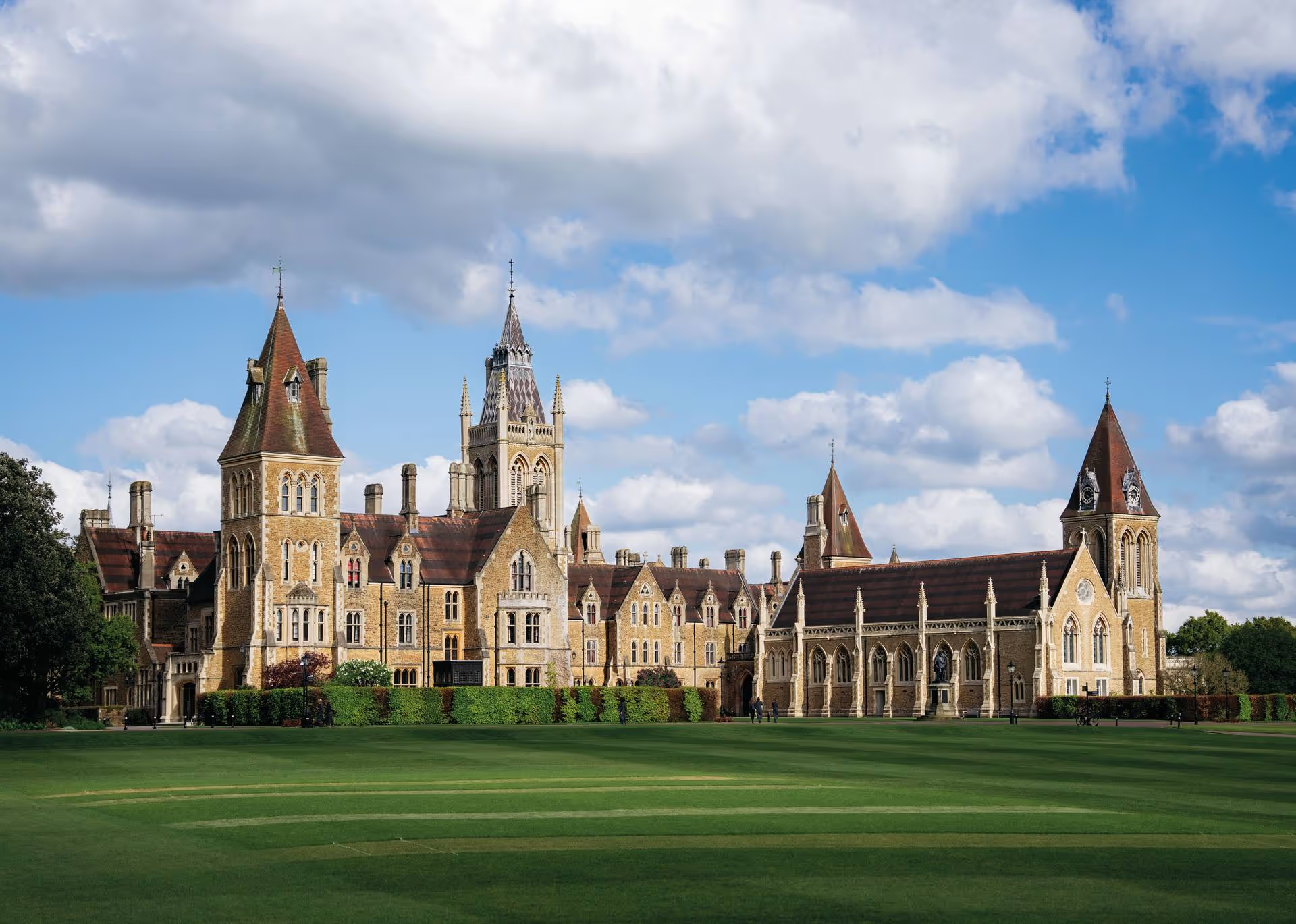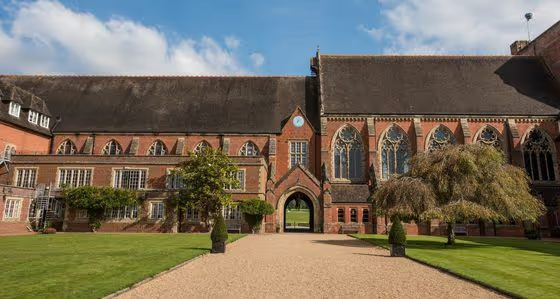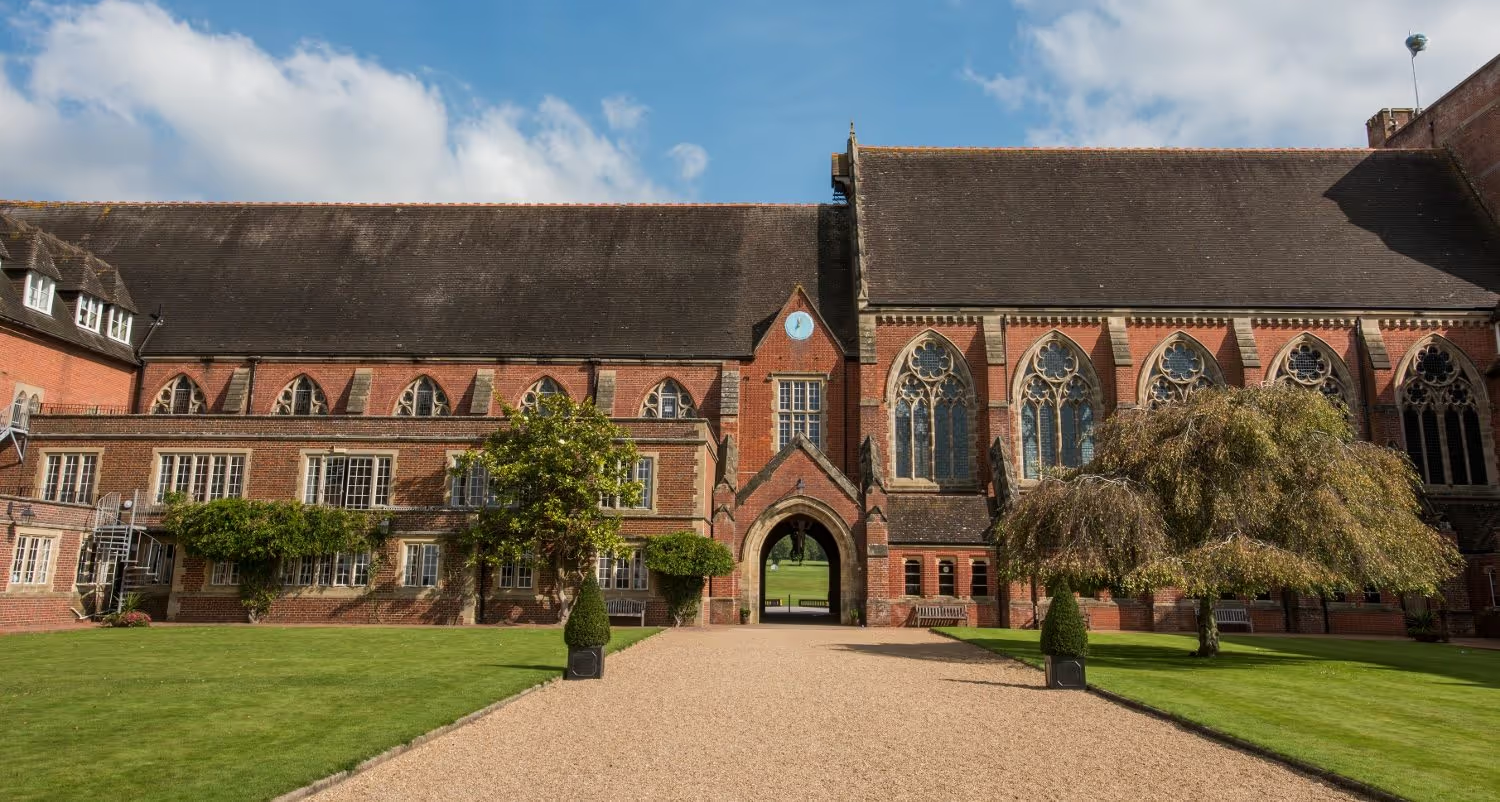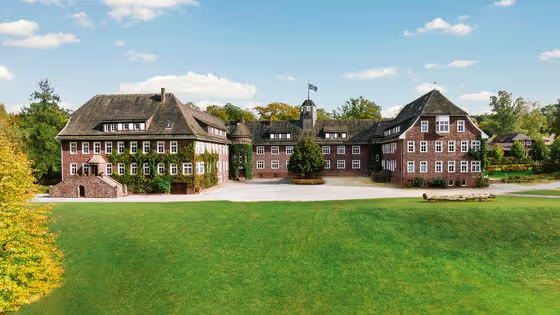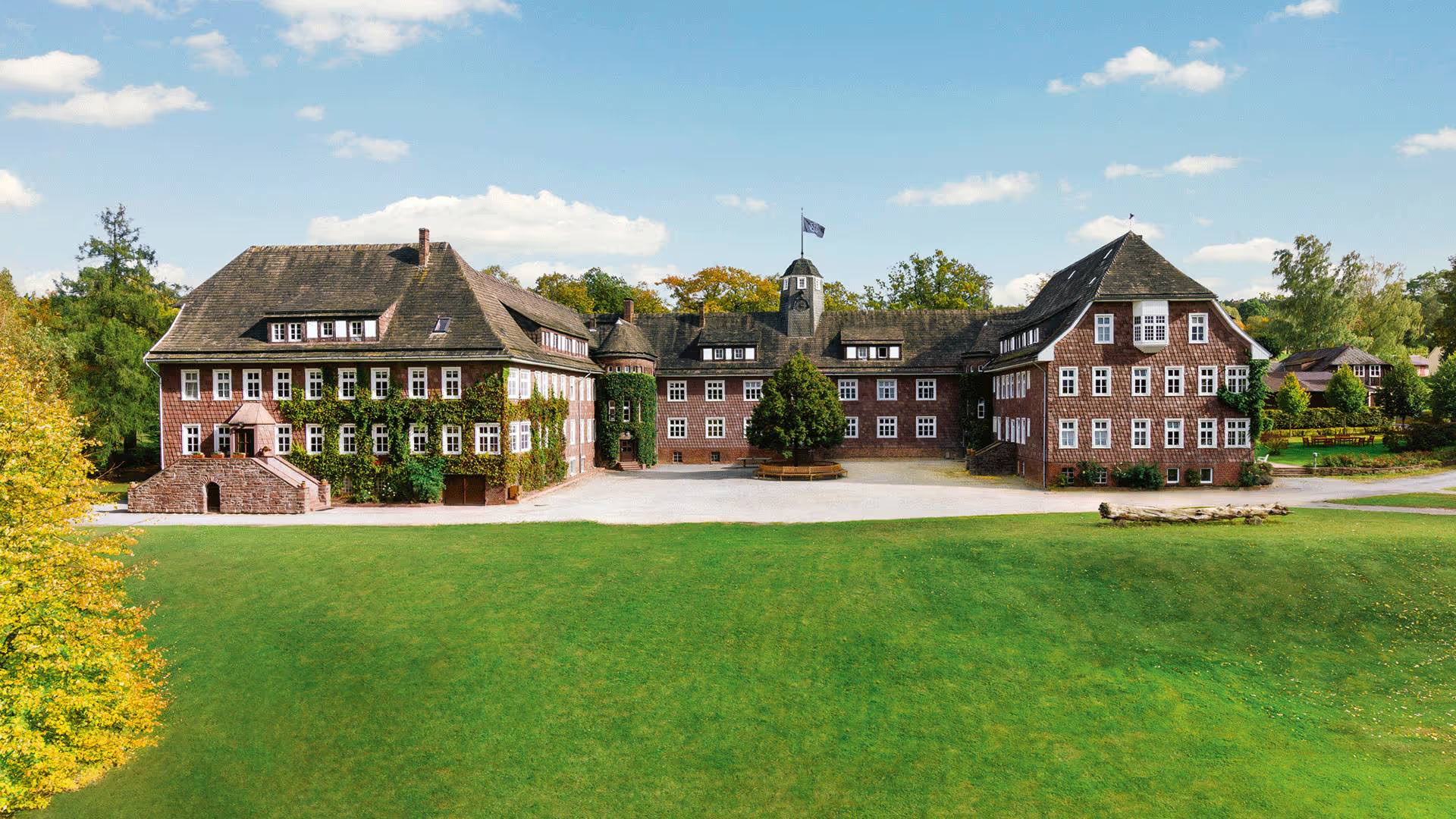The label of "elite boarding school" is bestowed upon schools from the outside. As a rule, it takes many generations of pupils for a school to earn this title. But in Germany, the term has a negative connotation for many due to our history. It is reminiscent of times when the elite was not determined by performance, but by birth or party membership.
In view of this tradition, some political camps are still suspicious of it today. However, this view is beginning to change. Every society needs high achievers, i.e. elites. People who not only maintain the status quo but also advance it culturally and economically. So, we are beginning to understand again that we are dependent on elites, especially if they are seen as a responsible elite.
How are elites viewed abroad?
The Americans, British and French have no problems whatsoever with the term ‘elite’. On the contrary, they do everything they can to recognise and promote elites at an early stage. The French Grandes Écoles deliberately see themselves as institutions that promote the elite.
And universities such as Oxford or Cambridge, Harvard or Yale confidently adorn themselves with the label of elite without anyone taking offence. So-called ‘feeder schools’ - usually boarding schools whose task it was and still is today to filter out future academic elites while they are still at school, have even been established around these universities
Elite state boarding school
The fact that there has been a rethink on this topic in Germany can be recognised by the fact that there are now state boarding schools in many federal states that are committed to promoting the elite.
In the new federal states, this tradition was unbroken and continued after reunification with elite boarding schools such as St Afra in Saxony or Schulpforta in Saxony-Anhalt. They served as a model for the elite boarding schools in the old federal states, such as the Landesgymnasium für Hochbegabte in Baden-Wuerttemberg or the Schloss Hansenberg boarding school in Hessen. In addition to promoting an academic elite, the aim is also to make pupils who are blessed with special abilities aware of their social responsibility.
What defines an elite boarding school?
When a school is referred to as such, one can generally expect a high level of academic achievement. This often goes hand in hand with the long tradition and resulting reputation of such schools.
It is often former students who establish the reputation of an elite boarding school, and this is particularly true of boarding schools in Anglo-Saxon countries. Notable former students include Winston Churchill, who attended Harrow School; John F. Kennedy, who attended Canterbury School; and Mark Zuckerberg, who attended Phillips Exeter Academy.
But German elite boarding schools have also produced many well-known personalities. Former BMW CEO Eberhard von Kuenheim, for example, spent part of his school days at Schloss Salem, as did Golo Mann, August Oetker and Sofia, the former Queen of Spain.
Elites are not only found in politics and business, though. There are also elite schools in the cultural sphere. The École d'Humanité in Switzerland, for example, has produced many internationally successful artists, architects and actors. They are elites, too.
Such elite boarding schools foster contacts that develop into networks which often accompany their alumni throughout their entire lives.
The admission requirements for elite boarding schools are as follows:
Elite boarding schools are often private. They usually have clear and very high expectations of their new students:
- Good to very good grades
- Recommendation from the previously attended school
- A letter of motivation written by the student themselves
- Standardised entrance exams
- Precisely because these students have high potential, elite boarding schools expect them to focus not only on their own success, but also on getting involved in the community. At a school like Schloss Salem, for example, this willingness is the most important admission criterion.
How much do elite boarding schools cost?
Costsfor elite boarding schools in Germany
The costs of attending an elite boarding school are not actually much different to those of other boarding schools. State-run elite boarding schools such as Schulpforta, Hansenberg and St. Afra are unbeatably affordable ; at just a few hundred euros, they are almost cheaper than if a student were to live at home. If that is still too expensive, every student can apply for a scholarship.
Private elite boarding schools in Germany typically cost between €1,500 and €4,000 per month. Scholarships are also awarded to committed and talented students, ranging from discounts of a few percent to full scholarships. Applicants should definitely mention their need for a scholarship in their application.
How much do elite boarding schools
abroad cost?
Traditionally, boarding schools in Anglo-Saxon countries are significantly more expensive than those in Germany, and the same applies to their elite institutions. In England, expect to pay around €35,000–€45,000 per year; in the US or Canada, expect to pay between €40,000 and €70,000. Unfortunately for German students, scholarships are usually reserved for the host country's own children. However, exceptions are made for exceptional sporting achievements, which can lead to successful scholarship applications for German students in the USA.
Swiss elite boarding schools are even more expensive, with annual fees ranging from 65,000 to 130,000 Swiss francs. Scholarships are virtually unknown.
Which elite boarding schools are there?
Elite boarding schools in Germany.
The most famous are Schule Schloss Salem and Louisenlund. Both schools can trace their origins back to the German educator Kurt Hahn, whose central concept was that of a responsible elite rather than a performance elite.
Meanwhile, Schloss Torgelow and Birklehof take a more academically oriented approach. Torgelow has achieved an average Abitur grade of 1.0 for several consecutive years.
Many of the progressive boarding schools, such as Landheim Ammersee, Internat Solling, and Hermann-Lietz-Schule Schloss Bieberstein, deliberately reject the label of “elite boarding school” based on their traditions, even though they could certainly be considered as such.
Elite boarding schools in Great Britain
In Great Britain, elite boarding schools are primarily designated based on academic performance. This is reflected in the annual rankings competition, the results of which are published in relevant gazettes in September. One elite boarding school in England regularly tops the rankings: Sevenoaks achieves an average IB score of around 40 points (out of a possible 42) year after year. No other boarding school in England can compete with this, although some contenders for the title of England's best boarding school are closing in on Sevenoaks. Wellington, in particular, is getting very close. However, Ardingly, Fettes and Oakham are also close behind, pushing each other.
Elite boarding schools in Switzerland
'Elite' always implies selection and reduction. If everyone were elite, the term would lose its meaning. Swiss elite boarding schools belong to a select group simply because they charge fees that only a few can afford. The best-known — and probably the most expensive — boarding school in Switzerland, and thus in the world, is Le Rosey.
However, boarding schools such as Aiglon College, Beau Soleil, Lyceum Alpinum Zuoz and Institut auf dem Rosenberg are not far behind. Whether one wishes to accept price as a criterion for elitism is a matter of personal preference.
The École d'Humanité is a prime example of a school that is elite in Switzerland despite its affordable price tag. It can certainly be described as one of the elite boarding schools due to its achievements in the cultural field.
Elite boarding schools in the US and Canada
In the two North American countries, the US and Canada, a school becomes an elite school when a high proportion of its graduates as possible are accepted into one of the famous universities. If a portion of the graduating class (of course, school diplomas there are not called Abitur, but American High School Diploma and AP or OSSD) moves to an Ivy League university, the school's status as an elite school is guaranteed.
The selection is as vast as the two countries are large; here are just a few examples: On the East Coast, Northfield Mount Hermon, and Ross School in the East Hamptons are high-priced equivalents to Le Rosey in Switzerland. The same goes for Kent School, Mercersburg Academy, Deerfield Academy, and, of course, Phillips Exeter Academy and Philips Andover Academy, which are ahead of all others in terms of academic performance.
Some of Canada’s most prestigious boarding schools are located around Toronto. The most academically demanding are probably Appleby College, Upper Canada College (UCC), Lakefield College School and Ridley College, as well as St. Andrew's College. On the west coast are Brentwood College and St Michael's University School.
Further detailed information on this topic can be found in Dr. Detlef Kulessa's article, 'Elite-Schmieden.
How to successfully apply to an elite boarding school
If you are considering applying to one of these schools, you should first ask yourself whether you feel you have what it takes to be part of the elite. This could be because you are willing to take on special responsibilities or because you are capable of achieving exceptional results. If you are sure, then it is a matter of finding a school that can promote these abilities. It may be useful to contact an external consultant when making your initial selection. Although you can find an overview online, it is almost impossible to evaluate the options yourself.
The team at Toechter und Soehne will advise you in advance on the likelihood of success of your application to an elite boarding school. We will help you compile a selection of suitable schools and support you in approaching the application process in a structured, tailored manner. Good advice from experience will protect you from possible disappointment.

.svg)


